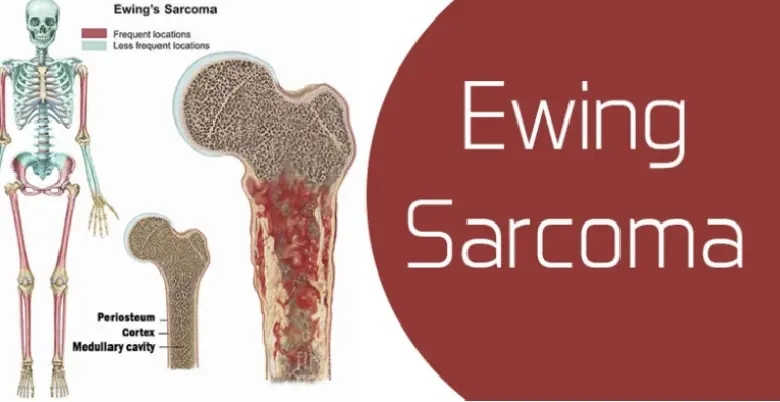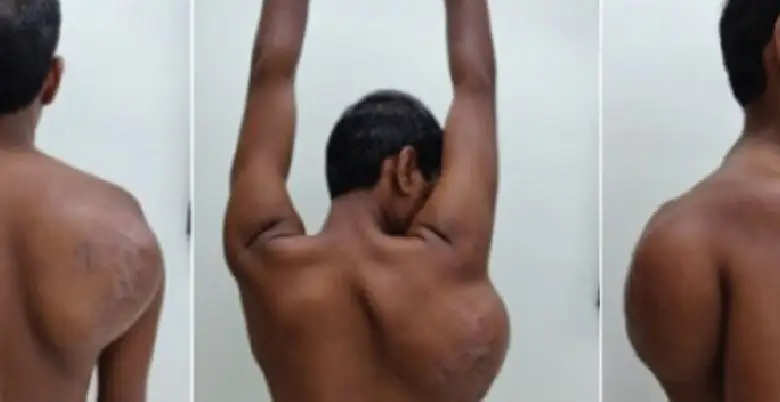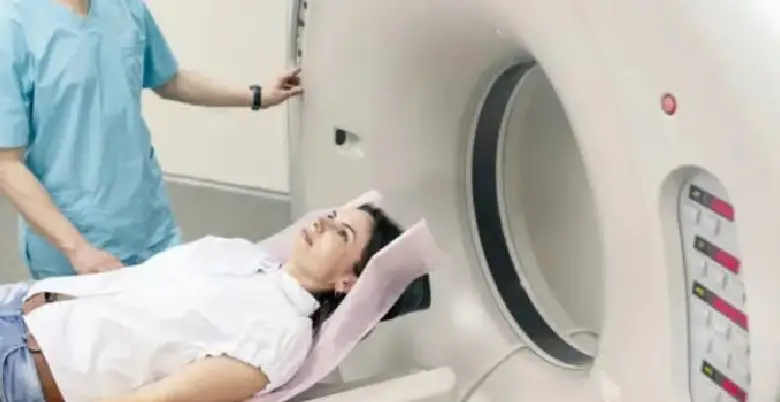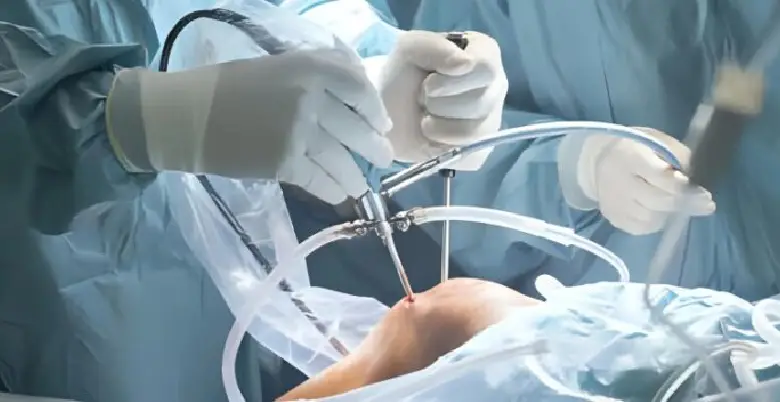Ewing’s sarcoma is a rare cancerous tumor affecting bones and soft tissue. It majorly affects long bones like in arms, legs, pelvis and chest.
It affects the bones when it is rapidly growing i.e. during puberty, which implies that teenagers are the main target. But, it also affects young kids and adults. It tops second position as common malignant bone tumors.
Introduction Ewing Sarcoma Treatment

- Ewing’s sarcoma of bone: Common type of tumor
- Extrosseous Ewing tumor (EOE): Tumor affecting soft tissue – muscles, tendons, ligaments
- Peripheral Primitive Neuroectodermal tumor (PNET): CNS tumor affecting brain and spinal cord.
Symptoms of Ewing’s’ Sarcoma
The symptoms that individuals may experience might also be associated with other conditions as well.
You Should also know – Erectile Dysfunction Treatment
So, diagnosis is required along with symptoms for definitive confirmation. Below are the symptoms of Ewing’s sarcoma:
- Bone pain: The on-and-off pain and even gets worse at night at tumor locations like arms, legs, pelvis, or chest wall.
- Swelling and Tenderness: There is stiffness in tissues around the bones affected and noticing hurt when they touch, also palpation might show tenderness.
- Bruises: Common bumps, lumps or bruises are visible on arms, legs and chest.
- Fatigue: Non-specific fatigue may be seen in patients.
- Bone-related: Sarcoma weakens bone leading to increased risk of fractures.
- Limited movement: Restricted motion is observed at the site of tumor.
- Respiratory symptoms: This tumor has the ability to spread through lungs, so people may experience cough or shortness of breath.
Neurological symptoms
- In case of spinal involvement in sarcoma, it may cause pain, weakness and numbness.
- Non-specific fever
- Unexpected weight loss

These conditions may overlap with other musculoskeletal or neurological symptoms.
So, if the condition persists or worsens with time, then one should seek a physician for further diagnosis. Early diagnosis helps in treating and maintaining Ewing’s sarcoma.
Diagnosis of Ewing’s Sarcoma
Diagnosis initiates from the physical examination of the symptoms experienced. Based on the type and site of symptoms, tests and procedures are recommended by physicians.
Imaging tests
Helps to investigate bone symptoms, detect cancer type and how much cancer has spread. These tests include:
Read about – Cardiac Ablation Treatment
- X-rays
- Computerized Tomography (CT) scan
- Magnetic Resonance Imaging (MRI)
- Bone scan
- Positron emission tomography (PET) scan
Biopsy
It includes a sample collection of small pieces of suspicious cells from the symptoms reported by the patient. Two types of biopsy:
- Needle biopsy: Collecting small piece of cell sample for laboratory testing.
- Surgical biopsy: By inserting through skin, the physician removes either the whole tumor or part of it for testing.
- Pathological examination: It includes learning tumor histology, Immunohistochemistry, fluorescence in situ hybridization (FISH) to characterize chromosomal translocation.
Treatment of Ewing Sarcoma
The most common treatment for cancer is chemotherapy, surgery, and radiation therapy.

Chemotherapy
- It is the initial before proceeding towards other treatments. This includes shrinking the tumor for its easy removal.
- This is done by using strong drugs via infusion through veins, in the form of pills in cycles with resting periods in between to allow the body to recover. There are many types of chemotherapies like
- Neoadjuvant chemotherapy given before surgery or radiation therapy, with the aim of shrinking the tumor reducing the need for extensive surgery.
- Adjuvant chemotherapy given after surgery or radiation therapy for targeting removal of remaining cells.
- Systemic treatment to target tumor cells who have spread beyond the primary tumor site with the major goal to vanish cancer cells throughout the body.
- Multi-drug regimen chemotherapy includes treatment with combination of more than one drug like vincristine, vinblastine, doxorubicin, cyclophosphamide, and ifosfamide.
Read more : Appendix Treatment
Chemotherapy impacts normal growing cells as well. General side-effects include fatigue, nausea, vomiting, hair loss, lower blood count.
Surgery
The surgery helps in removal of tumor either wholly or partially after treating patients with chemotherapy for many weeks or months.

This is done when the tumor has been reduced at the particular site. There might be a situation where a surgeon has to remove some portion of bone or entire limb depending on the factors like size, location.
- Limb-sparing surgery is done to preserve limb function and structure.
- Reconstructive surgery is performed to restore affected bones by bone graft or prosthetic implants.
- Resection of Metastatic lesions for removing metastatic lesions in case if tumor has been spread to nearby sites.
Radiation Therapy
Is used only after surgery of primary site or where surgery is challenging to remove tumor.
Read more : Choroid Plexus Cyst Treatment
External radiation therapy acts by radiating high power beams on cancer sites externally.
Internal Therapy-Brachytherapy
In this, beams are placed internally directly into or near the tumor by using needle, syringes, vials, catheters.

Before proceeding towards radiation therapy, tumor mapping is done to determine its location, simulation is also done (like CT scan) to determine treatment area.
Surgeons also calculate gross tumor volume (GTV), clinical target volume (CTV), planning target volume (PTV), normal tissue avoidance.
You Should also know – Cidp Treatment
- Fractionation: This therapy is always given in cycles over several weeks so that it does not badly impact normal cells.
- Hypo fractionation: Involves delivering higher radiation in small fraction in target of achieving less time duration therapy.
General side effects include nausea, fatigue, weakness, vomiting, effect on skin, effect on blood cell count. Long term side effects impact on bone growth, increased risk of secondary tumors.